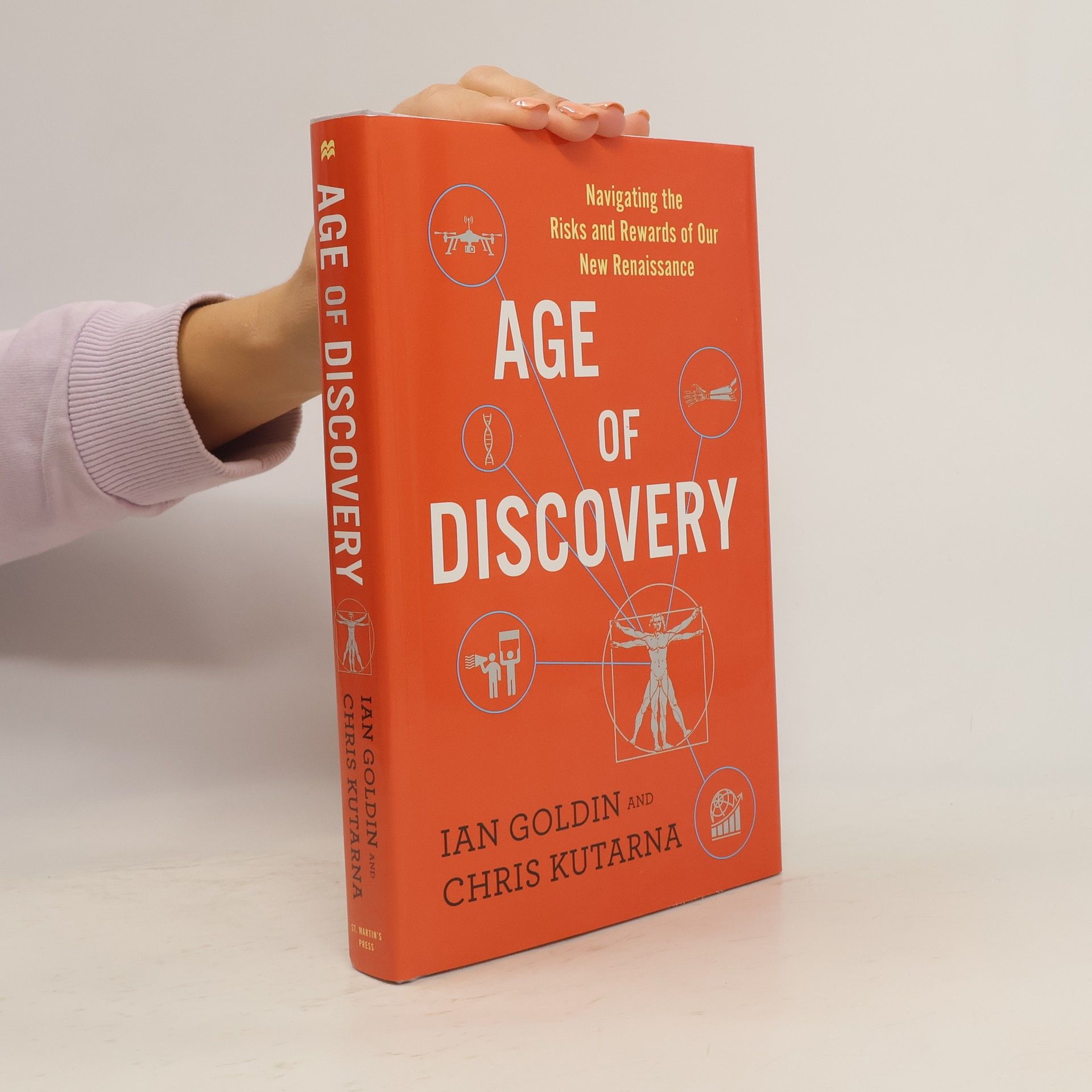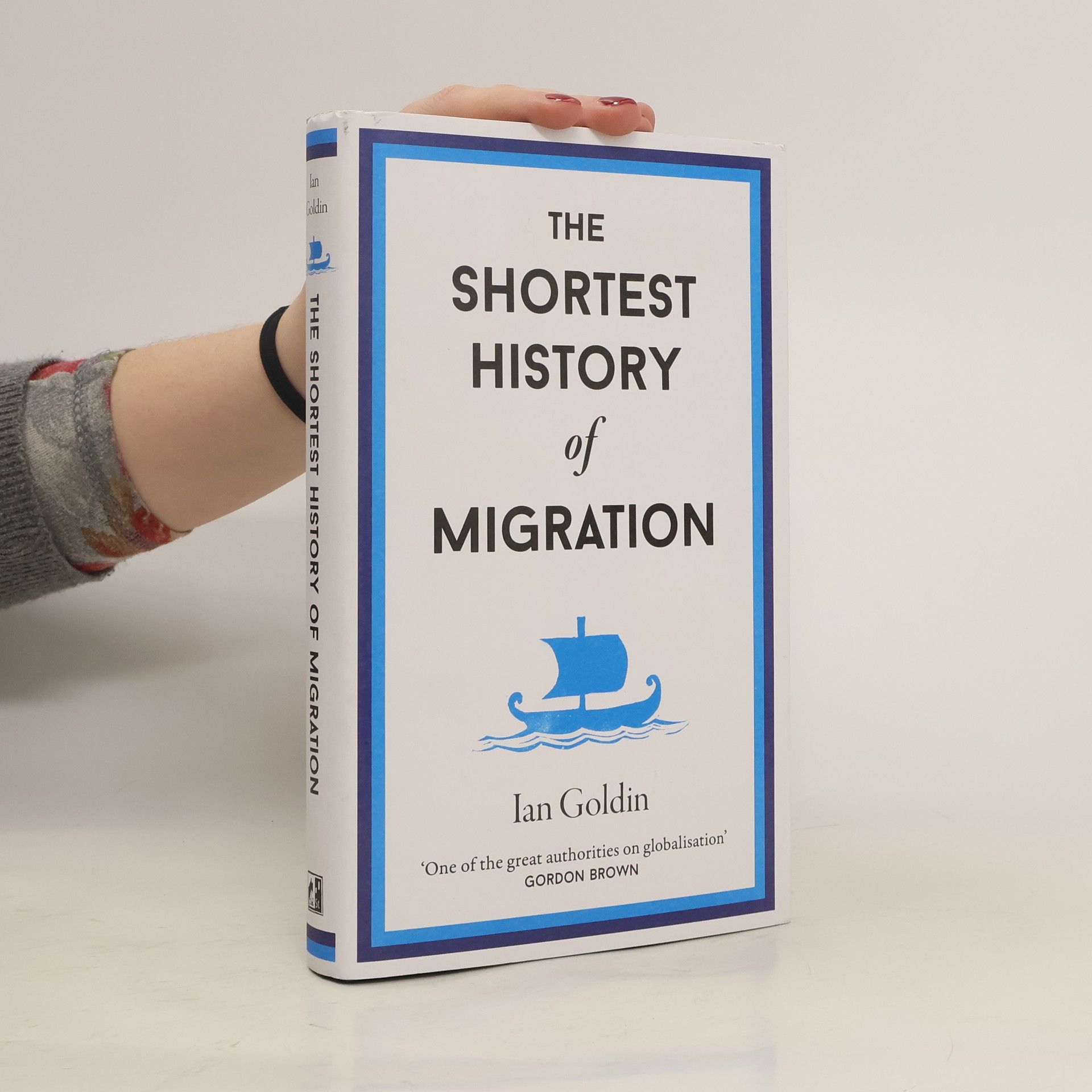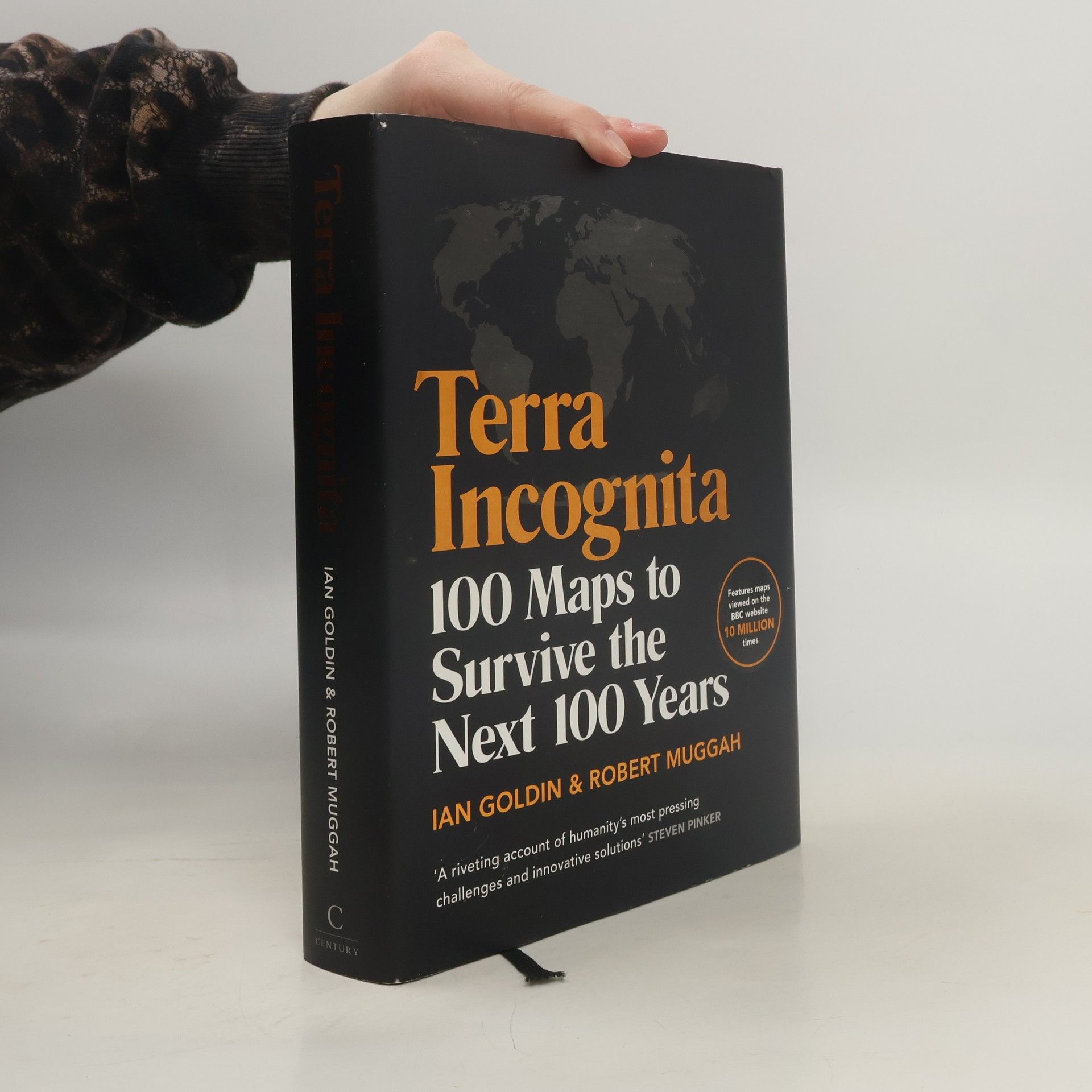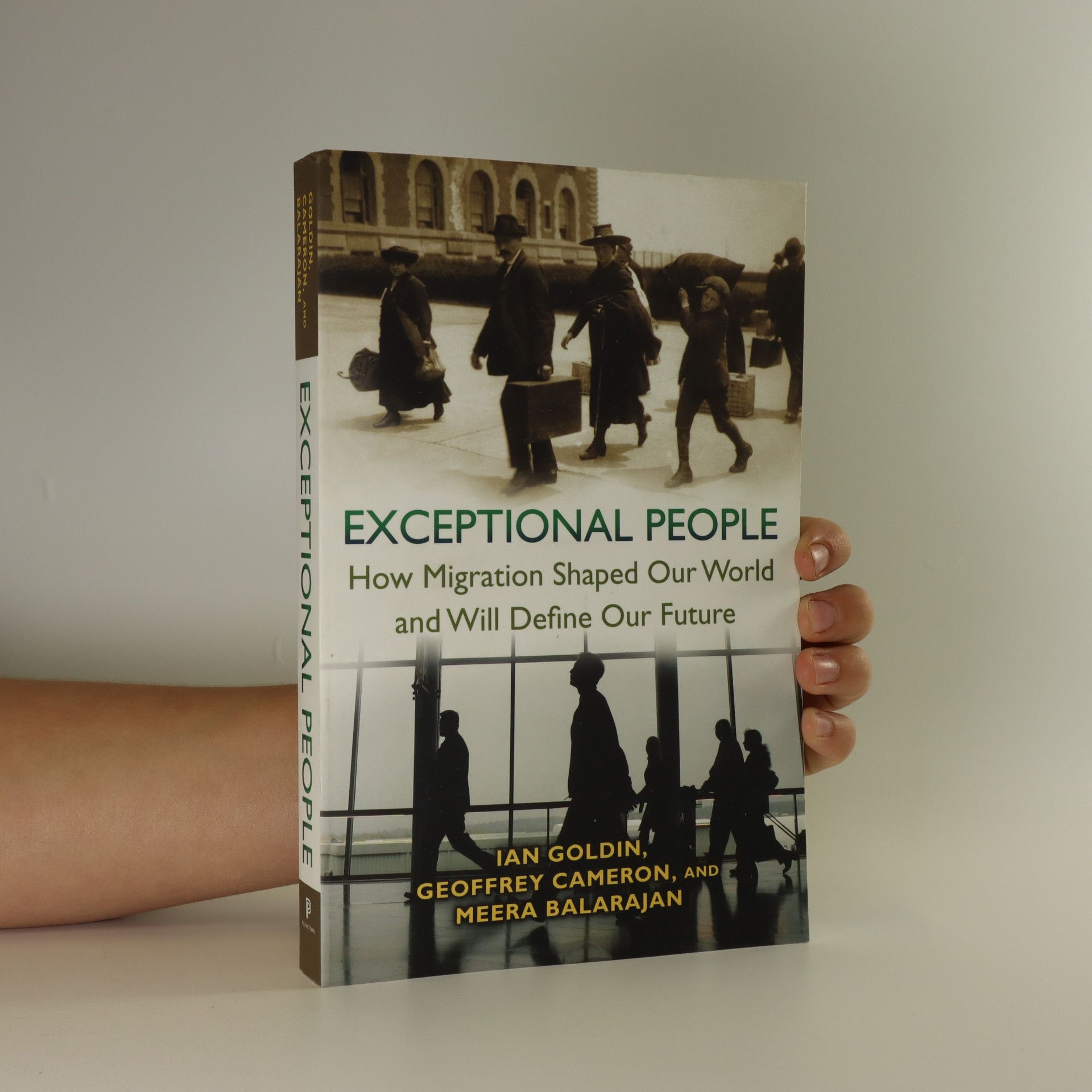Exceptional people. How migration shaped our world and will define our future
- 371 pages
- 13 hours of reading
Throughout history, migrants have driven human progress, sparking innovation, spreading ideas, alleviating poverty, and establishing a global economy. As the world becomes increasingly interconnected, the number of people motivated to migrate will rise. This book examines the significant benefits of this trend for both countries and migrants. It challenges the notion that increased migration is undesirable, advocating for governance approaches that embrace international mobility. The authors delve into the historical significance of human migration, tracing its impact from the first migrations out of Africa to the present day, highlighting how the exchange of ideas and technologies has enriched communities and fueled economies. They illustrate how migrants connect markets, fill labor shortages, and enhance social diversity, while also providing individuals an escape from poverty, human rights violations, and oppressive regimes. Despite these advantages, current migration policies are often rooted in misconceptions and fears about the long-term effects of migration. The authors argue that future policies will crucially shape societies' ability to harness migration's benefits while managing its risks. This book serves as a guide for robust debate and action, outlining the history and current state of international migration while offering practical recommendations to ensure that everyone can benefit from its inevitable growth.









